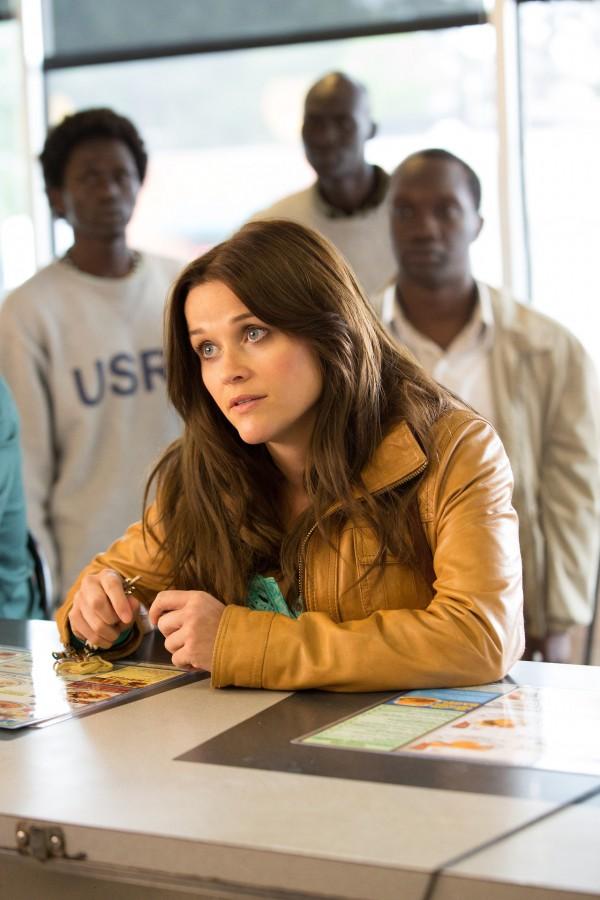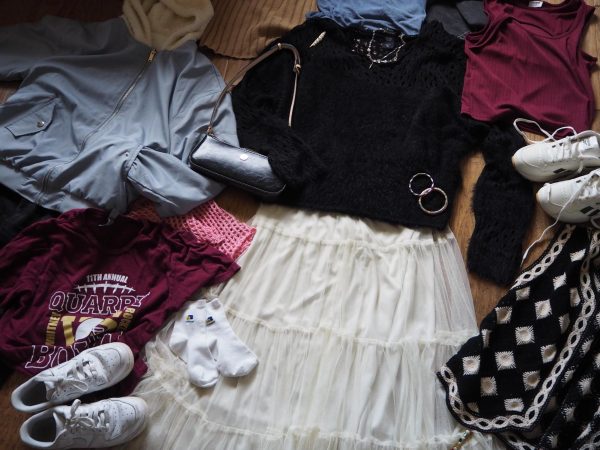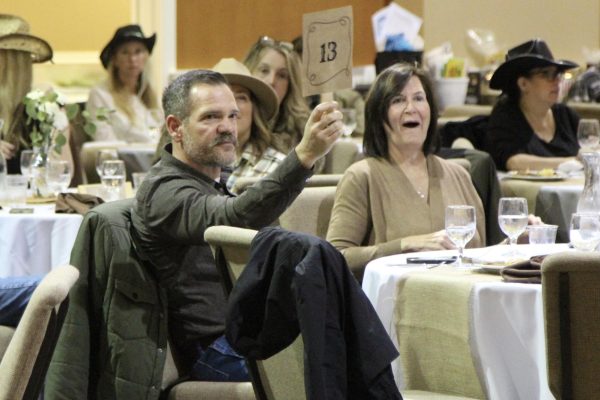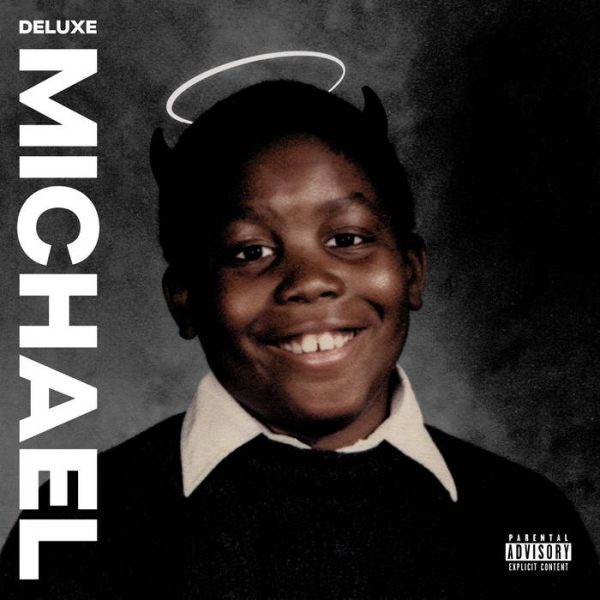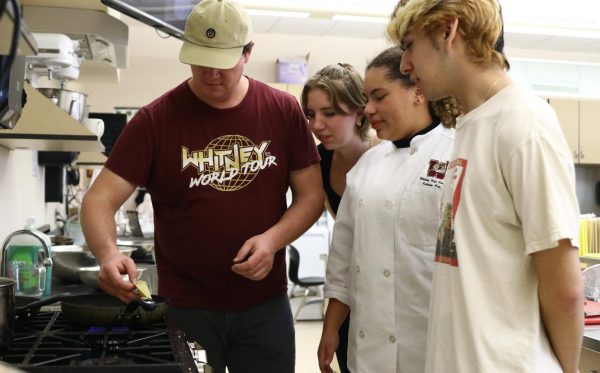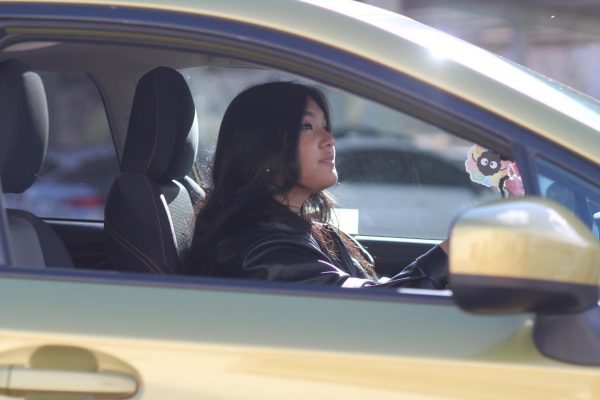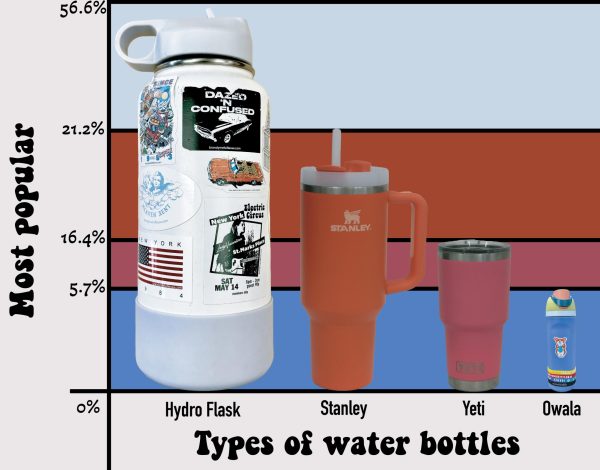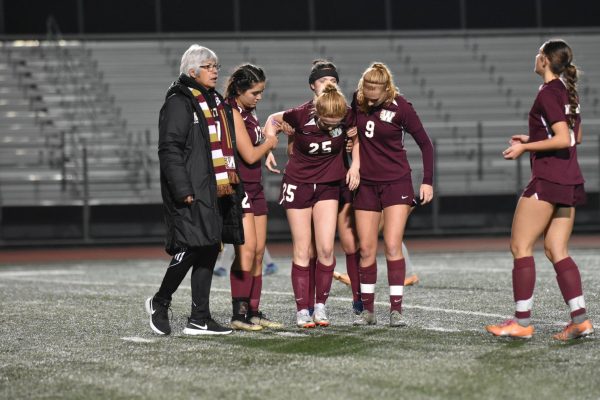‘The Good Lie’ sheds light on harsh reality
Photo used with permission under fair use.
Shots fired, screams heard in the distance, walking 785 miles to get to a safe place. Director Philippe Falardeau shows how life can rip your livelihood right from underneath and force you to adapt in this new movie called “The Good Lie.”
I went into the movie knowing very little about it besides what my mom had told me. I knew it was a movie about The Lost Boys of Sudan and the impact of the second Sudanese civil war. What I did not expected was the amount of inspiration that you could draw from this movie. I felt like it was a cross of the movies “Remember the Titans” and “Hotel Rwanda”. This was one of those movies that makes you happy, sad, angry, and want to laugh all at the same time. I left the movie feeling like I could do anything and left the movie wanting to do everything. This movie gave me a sense of hope and admiration for everyone who went through what the characters went through.
The actors in this movie were well trained and you could feel the emotion rolling off of them. Whenever they were happy you could not help but smile. They portrayed the characters so well. I was thinking this during the movie only to find out at the end of the movie that two of the main actors Emmanuel Jal and Ger Duany were both child soldiers. The other two main actors Kouth Wiel and Arnold Oceng are children of Sudanese refugees. I was grateful that these actors were chosen because by the end of the movie I felt as though I had gone through their journey with them.
Another character is Carrie Davis ( Reese Witherspoon). She helps the men find jobs only to slowly but surely become close with them. Witherspoon plays a self-absorbed, narrow-minded young women who has no regard for anyone but herself. At one point in the movie I wanted to punch her character in the face. Mamere (Arnold Oceng) had walk a long ways to give her oranges as a gift for helping him and his brothers find jobs; she screams at him and kicks him out of her house without so much as glance towards him. Eventually you see her character mature and eventually come to like her.
Throughout the movie, you see Mamere , Paul (Emmanuel Jal), and Jeremiah (Ger Duany) become accustomed to life in the United States. They learned different ways of life and even some jokes. In the movie Jeremiah had asked Mamere and Paul “Why did the chicken cross the road? To get to the other side.” Their reaction was equivalent to that of a five year old. In that scene i felt like i could relate. i could relate to them because when i was fiv e i to laughed at the same exact joke.
The movie was mainly shot in the USA, but the first thirty minutes were shot in Africa. The cinematography was absolutely amazing and every shot was captivating with the beauty of n. Africa. In one specific scene it shows the simplicity of the way of life in Africa. The cameras captured the way the trees blew with the wind, how the kids played in the dirt, and elders around the fire. All little things adding up to what made up their village, and all little details seeming so small, showed how simple and beautiful their life was before the war. The movie is rated PG-13 by the MPAA for thematic events, some violence, brief strong language, and drug use.
The movie ends with this african proverb: “if you want to go fast, go alone. if you want to go far, go together.” This proverb sums up the whole movie. The “lost boys” all stayed together and they went further than they ever could have gone because they were together.
by EVA MEEKS

